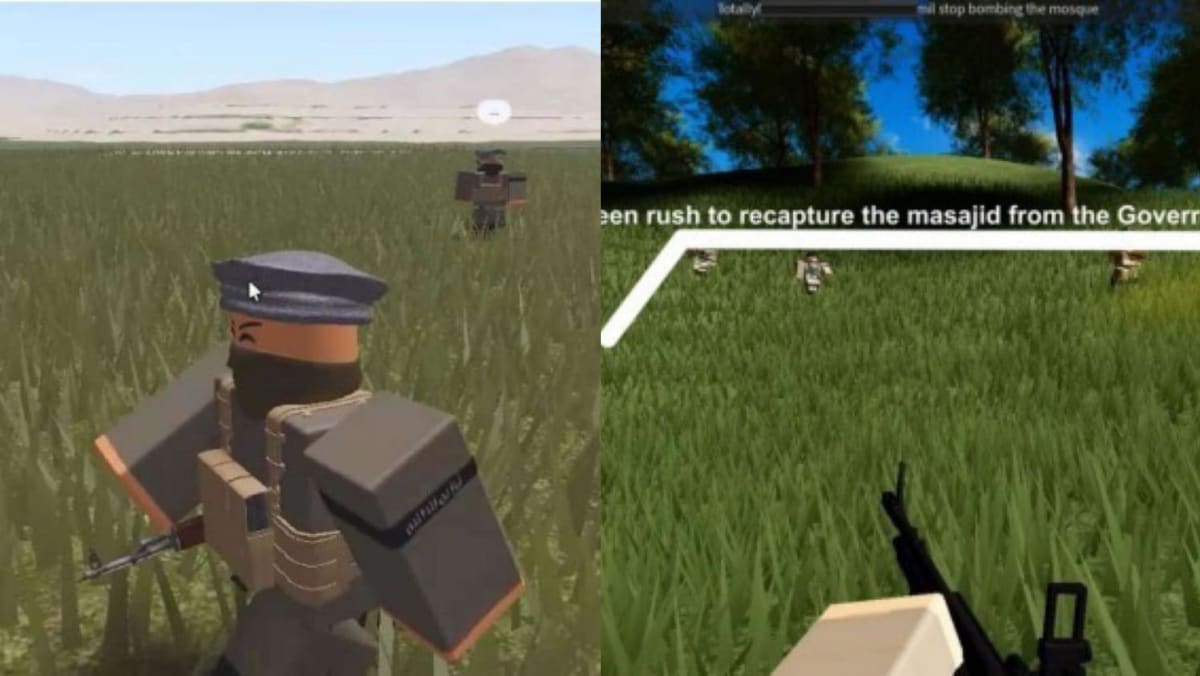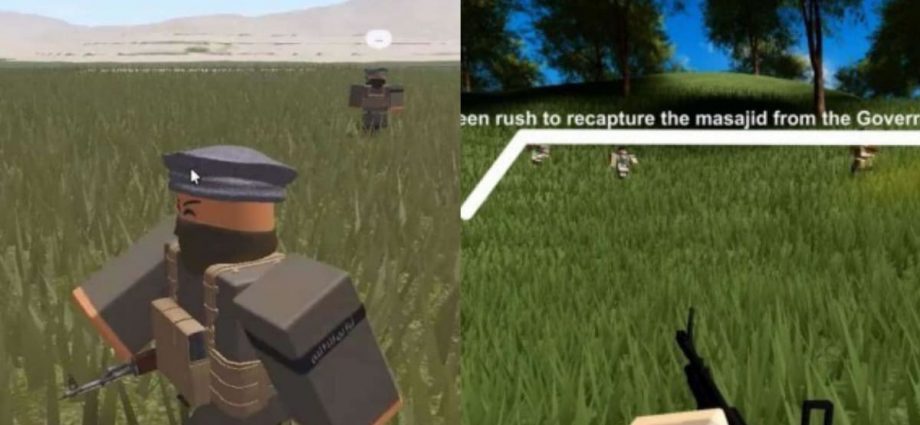
Understandably, many of us have the fear that diving into such unknown territory can make us look foolish or out of touch. But the truth is, youths will have more respect for us when we try to understand their interests – it’s natural to feel joy when sharing our passion with someone who matters in our lives.
The more we try to understand the games they play and the people they meet online, the more we will discover that our experiences and life lessons are still relevant despite the technological advances – because at the heart of it all, the human need for connection remains constant. Youths are driven by that same human need for belonging and understanding that we all share.
By taking an active interest in what youths do on gaming platforms, we create new avenues for communication and understanding. They will feel heard and valued, and in turn, be more open to share their experiences with us. This will provide us with many precious opportunities where we can guide them on how to discern good role models, share our life stories, and offer guidance on other life issues in ways that they can relate to.
The world of youths may be different from what we are used to, but we need to recognise that gaming platforms can be a valuable tool for fostering deeper relationships and understanding.
It’s time for us adults to embrace the culture of youths to connect more effectively with them.
Let’s break down these barriers, so that they can learn from us, as we learn from them.
Jonathan Sim is Lecturer, Department of Philosophy, at the National University of Singapore.

